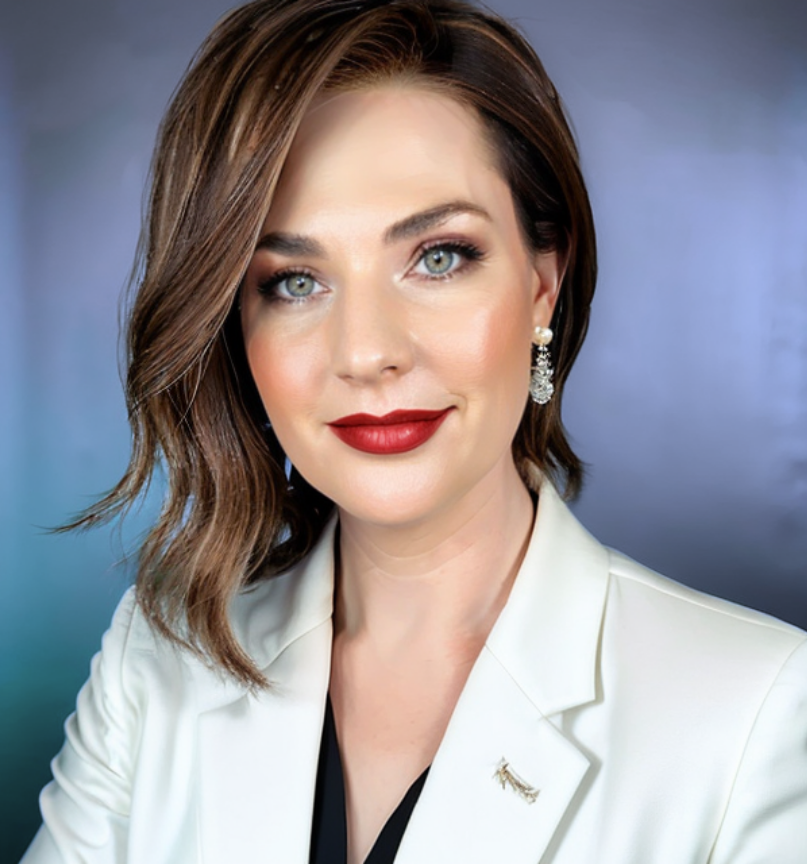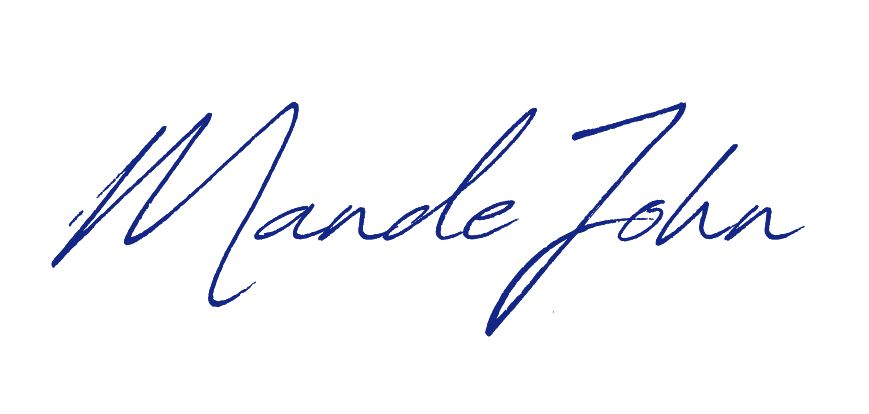How creating external systems can transform your productivity and mental clarity
As a professional coach working with high-achieving adults with ADHD, I see the same pattern repeatedly: brilliant minds overwhelmed by information overload, constantly forgetting important details, and feeling mentally exhausted from trying to remember everything.
Sound familiar?
The Hidden Cost of Mental Storage
Here’s what most professionals don’t realize: your brain isn’t designed to be a filing cabinet.
As productivity expert David Allen puts it: “Your mind is for having ideas, not for holding them.”
Yet we expect our brains to hold:
- Meeting details and action items
- Project deadlines and deliverables
- Brilliant ideas that strike at inconvenient moments
- Client information and follow-up tasks
- Personal commitments and family schedules
No wonder we feel mentally drained.
The “Second Brain” Solution
The most successful professionals I work with have learned to create what Tiago Forte calls a “second brain”—external systems that capture, organize, and retrieve information so their minds are free for what they do best: creative thinking and problem-solving.
This isn’t about buying expensive software or becoming “naturally organized.” It’s about working with your brain’s wiring, not against it.
Three Approaches to Information Management
Digital Systems: Tools like Notion, Evernote, or Trello offer powerful search capabilities and cloud accessibility. Perfect for professionals who live on their devices.
Analog Methods: Paper planners, notebooks, and whiteboards provide the tactile experience many find helpful for retention and creativity.
Hybrid Approaches: The sweet spot for many—combining digital convenience with analog benefits. Think digital calendars with handwritten project notes.
Real-World Implementation: A Case Study
Take my grocery system (yes, even mundane tasks benefit from good systems). My family shares a Trello board that we’ve used for years. Husband, son, and I all have access on our phones. Whoever gets to the store first handles the shopping—no duplicate trips, no forgotten items, no mental load on any one person.
This principle scales to any collaborative project at work.
Building Your Professional Second Brain
Start with pain points. Where do you consistently struggle with information management? Forgetting follow-ups? Losing great ideas? Overwhelming email?
Choose tools you’ll actually use. The perfect system is the one you consistently engage with, not the one with the most features.
Develop capture habits. I teach clients the “do it now” method—immediately capture information when it comes in rather than trying to remember it later.
Design for retrieval. Use consistent labeling, tags, and categories. If you can’t find it later, capturing it was pointless.
The Professional Impact
Clients who implement these systems report:
- Increased mental clarity and focus
- Reduced stress about forgetting important details
- More creative thinking capacity
- Improved collaboration and communication
- Enhanced professional reputation for reliability
Getting Started Today
- Identify one area where information chaos is costing you time or stress
- Choose a simple tool (even a basic notes app works)
- Create a capture habit around that specific challenge
- Schedule weekly reviews to organize and process what you’ve captured
Remember: you’re not trying to create the perfect system on day one. You’re building a habit of getting information out of your head and into a reliable external system.
The Bottom Line
Your cognitive capacity is your most valuable professional asset. Don’t waste it on storage when you could be using it for innovation, strategy, and creative problem-solving.
As neuroscience continues to reveal how our brains actually work, the most successful professionals will be those who learn to augment their natural capabilities with well-designed external systems.
Stop exhausting your brain with storage tasks. Start building your second brain today.
What’s one area where information overload is impacting your professional performance? Share your biggest challenge in the comments—I’d love to help you brainstorm solutions.
About the Author: Mande John is an ADHD coach specializing in productivity systems for high-achieving professionals. Her “Learn to Thrive with ADHD” program has helped hundreds of adults create sustainable organizational systems that work with their unique wiring.
#ProductivitySystems #ProfessionalDevelopment #InformationManagement #ADHDProfessionals #WorkplaceProductivity #SecondBrain #ExecutiveFunction



